090 CD / Romantic Piano Trios Vol. 1
Description
"Even for true experts on the musical women’s movement, it has until now been virtually impossible to experience works by Louise Farrenc except on paper. As so often, it is a small label which has taken the bold step of opposing the usual, so familiar repertoire and letting her D Minor Trio follow that of the better known Swedish composer, Franz Berwald. The Abeggs play the important piano trios entrancingly. Their interpretation is thoroughly well thought out and yet quite obviously with a love of novelty; this should become a test for any emulators." (Audio)
3 reviews for 090 CD / Romantic Piano Trios Vol. 1
You must be logged in to post a review.

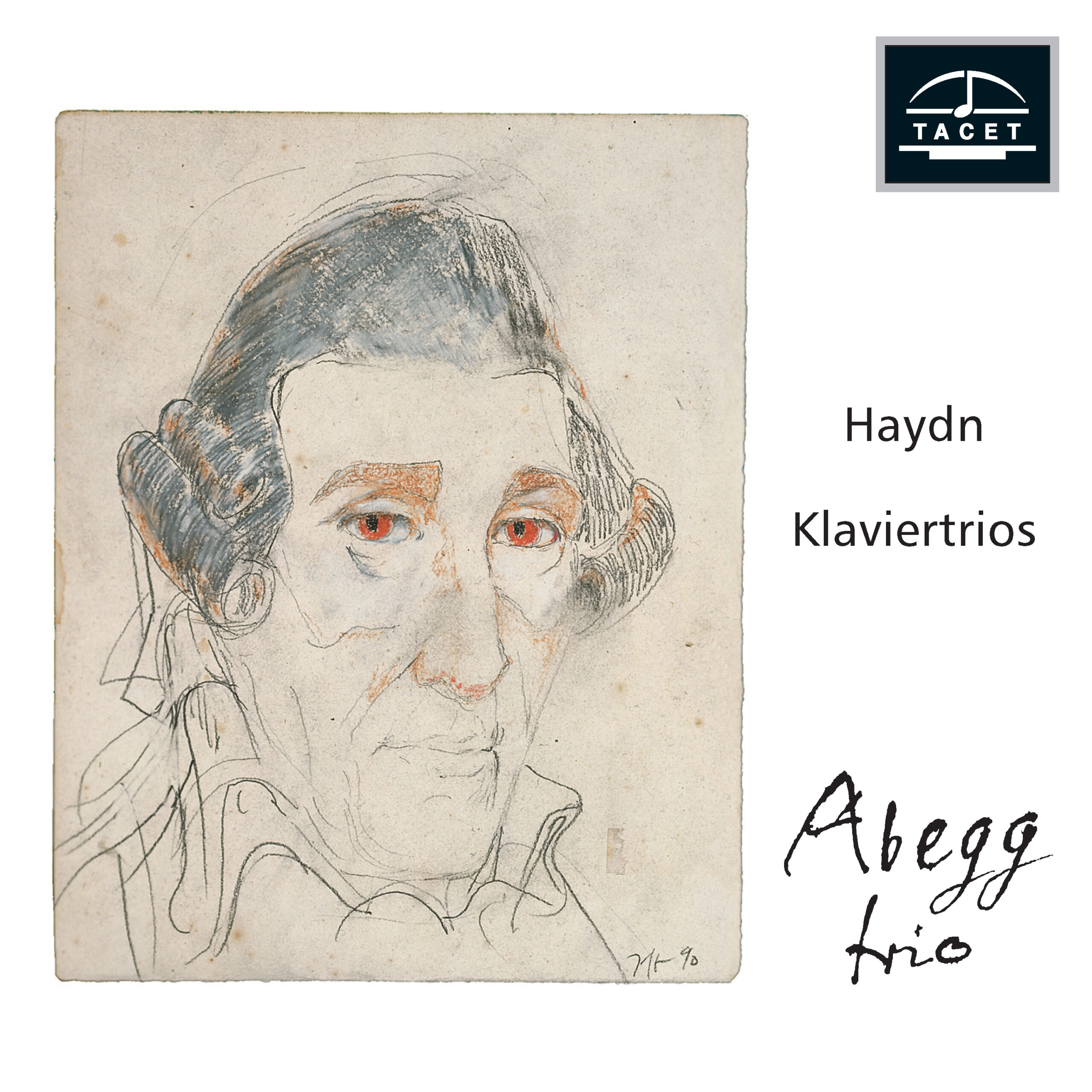
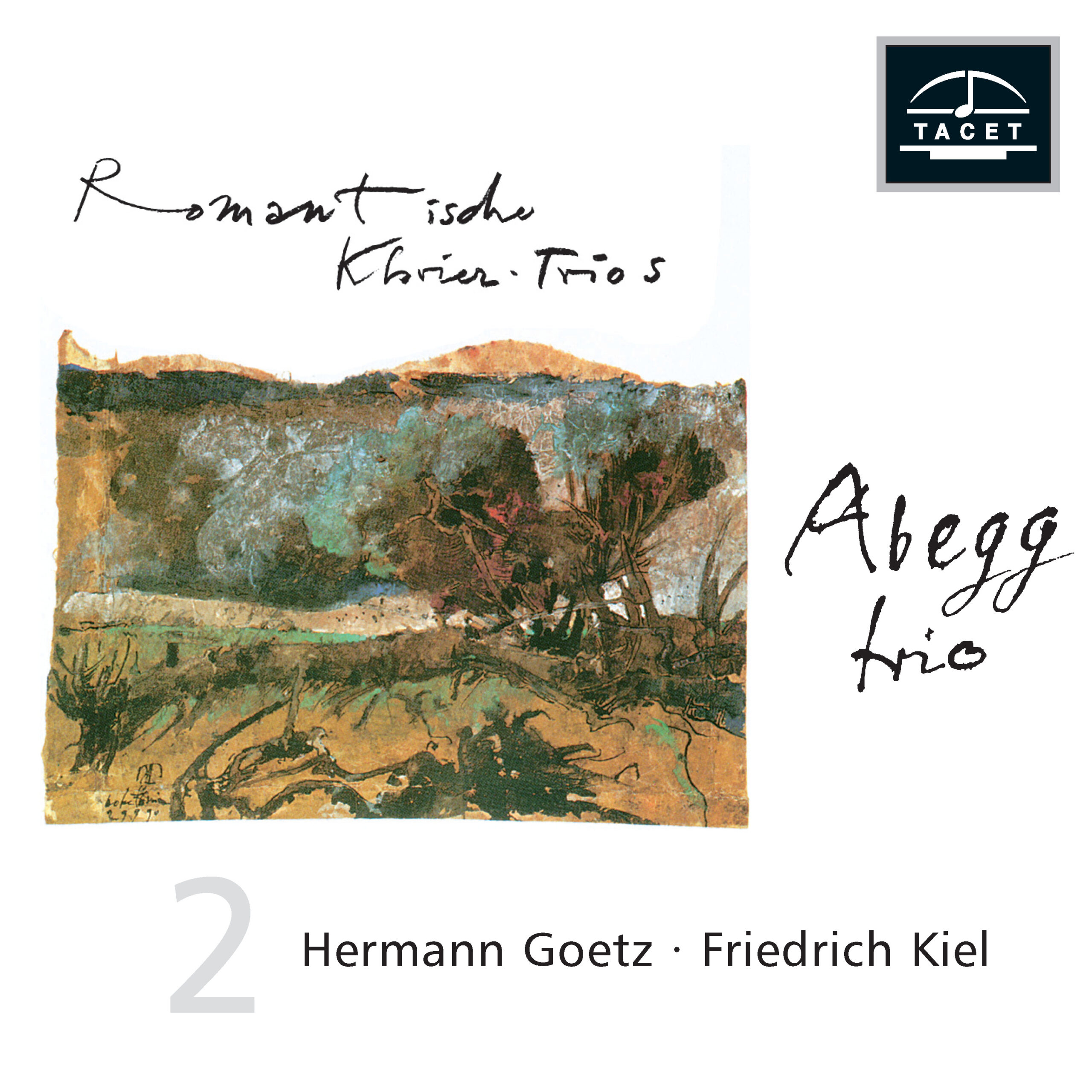
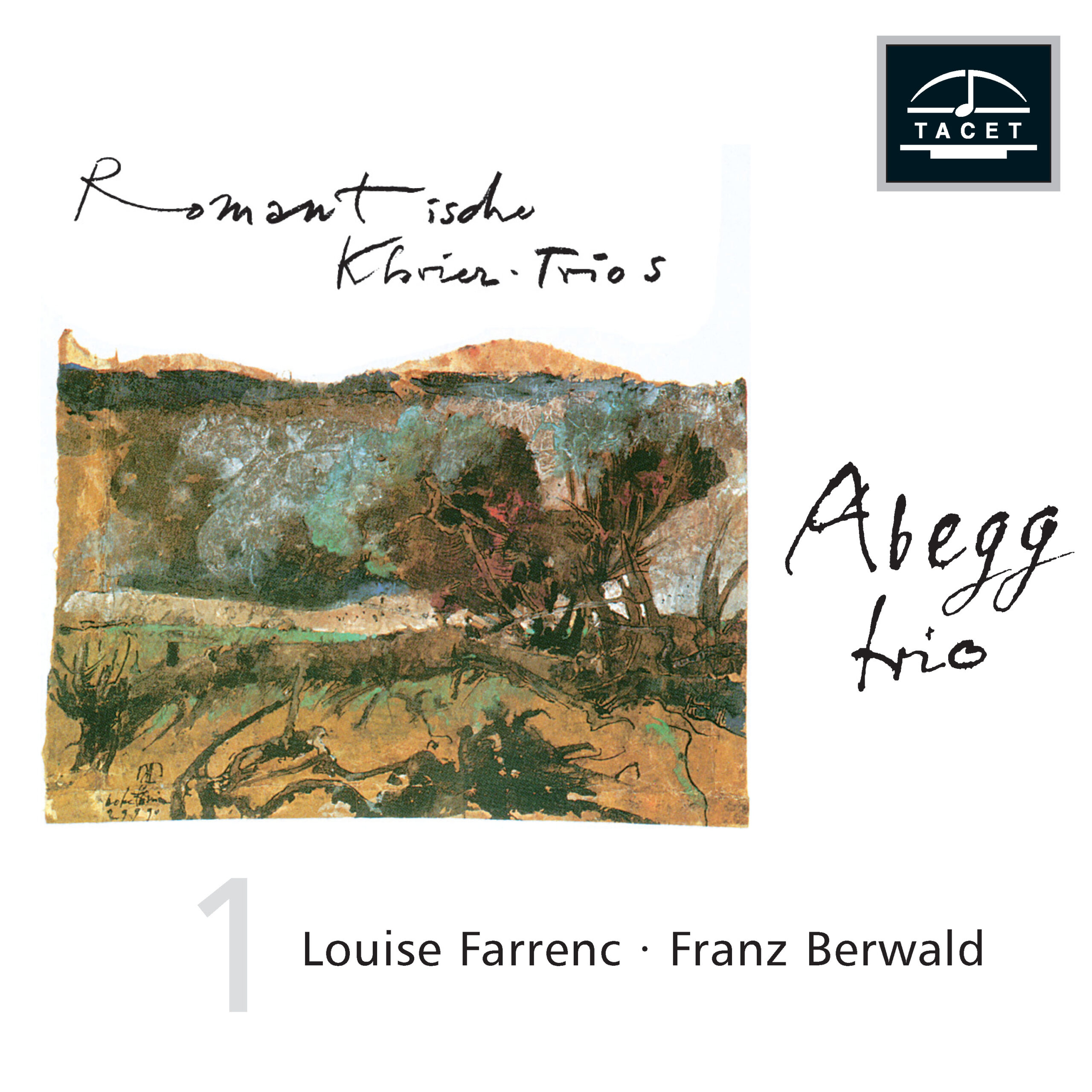
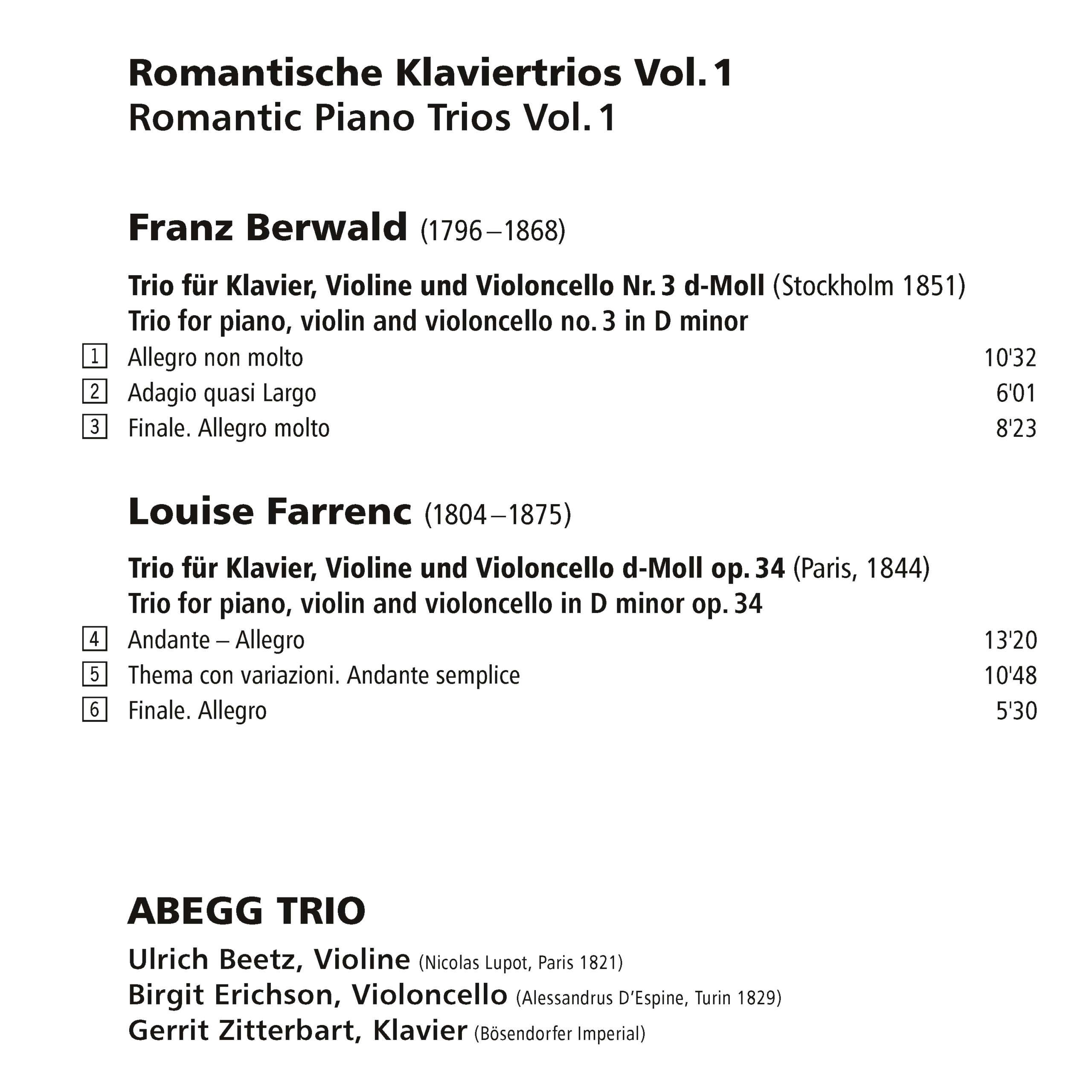

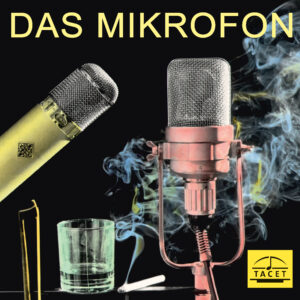
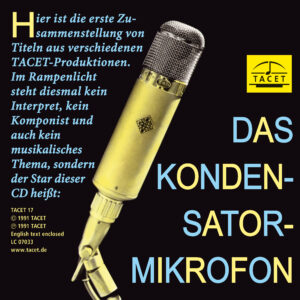
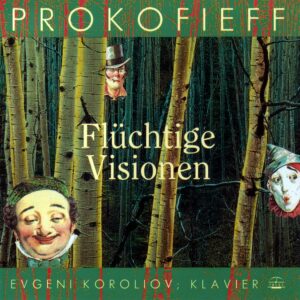
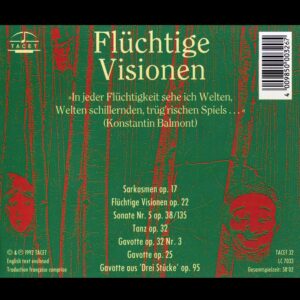
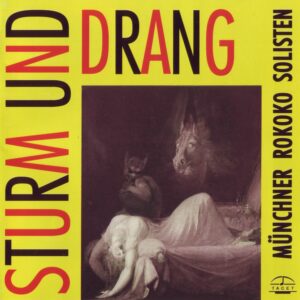

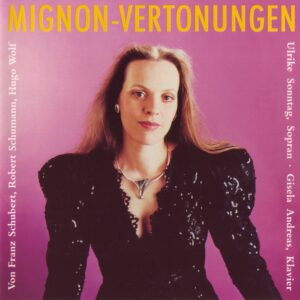
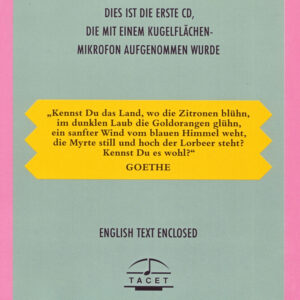
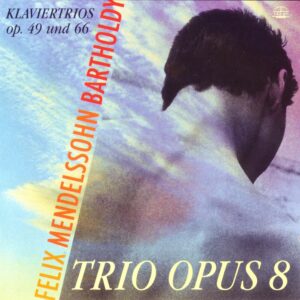
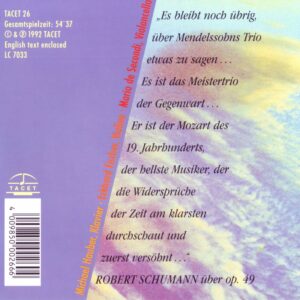
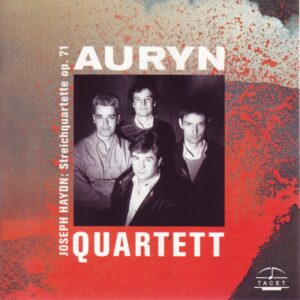
Bayerischer Rundfunk –
The Swedish Romantic composer Berwald, who died in Stockholm in 1868, achieved his greatest successes outside his native country, to which he nonetheless felt profoundly connected. His Third Piano Trio, composed in 1851, is a masterfully crafted and thoroughly original piece of chamber music—its distinctive voice should surprise no one.
But who was, or is, Louise Farrenc? The French composer, born in 1804 and deceased in 1875, was an excellent pianist who impressed her compatriots—as well as world-renowned artists such as Robert Schumann and the violinist Joseph Joachim—with her compositions, which, however, found little resonance. Was it because she was a woman? One fears so. Yet anyone who listens to her Nonet, her Quintets, her Clarinet Trio, or indeed the present Piano Trio, will hardly understand how anyone could have accused these works of lacking colour and warmth. For Louise Farrenc wrote a deeply Romantic music whose classical formal discipline corresponded with virtuoso technique and a highly individual inspiration—qualities that made her the most significant woman composer of the mid-19th century.
Thus, another discovery is to be made here—or rather, a rediscovery—for which the Piano Trio in D minor, Op. 34 offers the perfect introduction, especially in the vigorous, virtuosic, and expressively compelling performance by the Abegg Trio. The ensemble plays at a very high level (though the recording technology, at least in the Berwald Trio, does not quite keep pace) and impresses with the intensity of its commitment—something that serves both compositions, both chamber-music rarities, exceedingly well.
Ekkehard Kroher
Audio –
Even for true experts on the musical women’s movement, it has until now been virtually impossible to experience works by Louise Farrenc except on paper. As so often, it is a small label which has taken the bold step of opposing the usual, so familiar repertoire and letting her D Minor Trio follow that of the better known Swedish composer, Franz Berwald. The Abeggs play the important piano trios entrancingly. Their interpretation is thoroughly well thought out and yet quite obviously with a love of novelty; this should become a test for any emulators. (Audio)
mw
Classica –
Here is a true rarity, beginning with Berwald’s Third Trio—the most beautiful of the series. The melodic invention is constant, shaped by a striking sense of movement and contrast. Each instrument assumes an almost concertante role, and the Abegg Trio succeeds in characterizing every entry with great lightness.
A similar vitality prevails in the Trio by the composer Louise Farrenc, a Parisian pupil of Reicha and Hummel. The romantic spirit here is both subtle and of magnificent expressive strength. One thinks of the young Brahms.
Luc Nevers
_________________________________
Original Review in French language:
Voici une vraie rareté avec tout d′abord le Troisième Trio de Berwald, le plus beau de la Serie. L′invention mélodique y est permanente, avec un sens du mouvement très contrasté. Chaque instrument possède une dimension quasi concertante et le Trio Abegg reussit à caractériser chaque intervention avec légèreté. C′est une animation comparable qui prévaut avec le Trio de la compositrice Louise Farrenc, Parislenne élève de Reicha et de Hummel. Le souffle romantique est à la fois subtil et d′une magnifique force expressive. On songe au jeune Brahms.
Luc Nevers